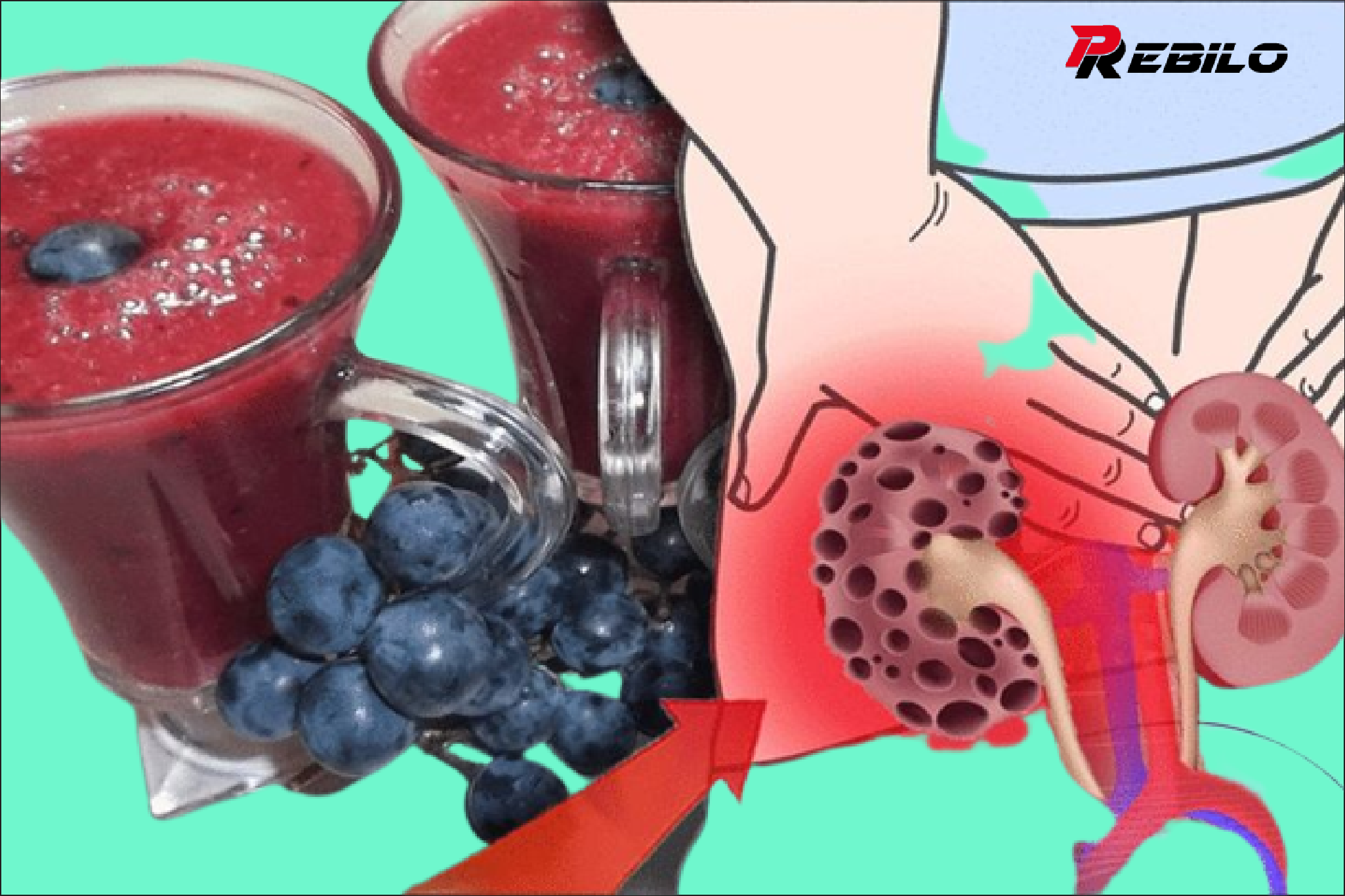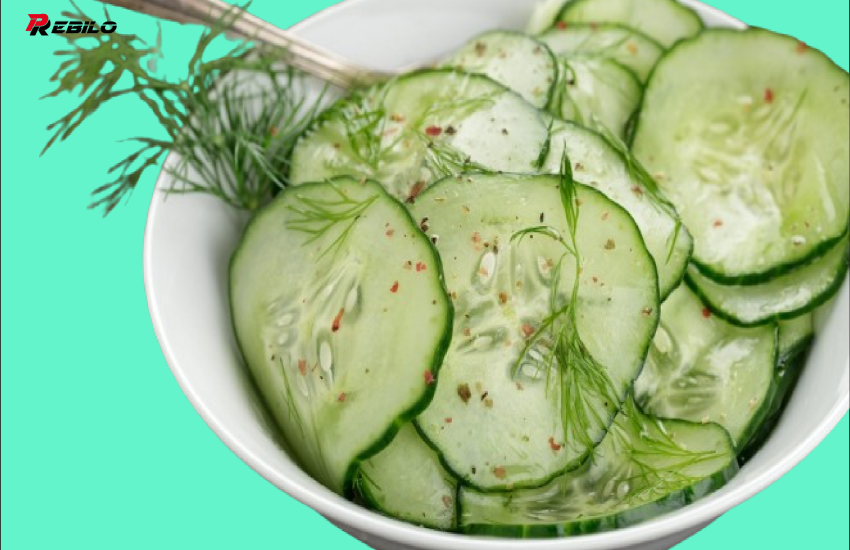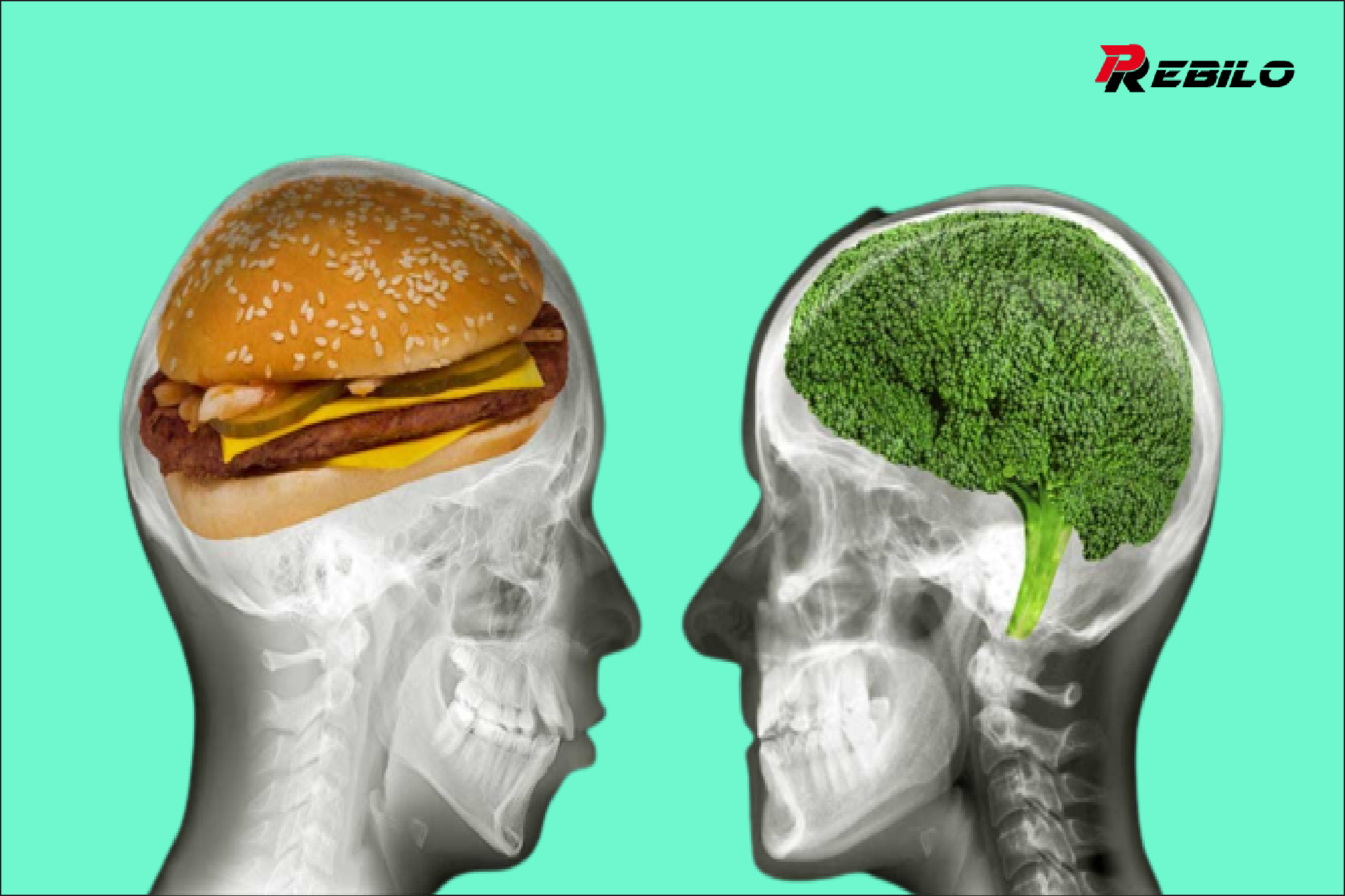What is the best thing to drink for your kidneys?
Staying hydrated is essential for kidney health, as it helps your kidneys filter waste and maintain a healthy balance of electrolytes in the body. The best drink for your kidneys is water. Drinking enough water throughout the day can help prevent kidney stones, urinary tract infections, and other kidney-related problems.
Water helps dilute the concentration of minerals and waste products in the urine, which reduces the risk of crystal formation and stone formation. It also helps flush out toxins from the body and supports overall kidney function.
While water is the best option for kidney health, there are some considerations to keep in mind:
Moderation: Although staying hydrated is important, excessive water intake can put pressure on your kidneys. It is recommended to drink a reasonable amount of water throughout the day, based on your individual needs.
Individual needs: Your fluid needs depend on factors such as your age, gender, activity level, and general health. Listen to your body’s thirst signals and adjust your fluid intake accordingly.
Health conditions: If you have certain health conditions, such as kidney disease, heart disease, or fluid retention problems, it’s important to follow your healthcare provider’s fluid intake recommendations.
Balanced diet: Although water is the primary choice, other kidney-friendly drinks include herbal teas, diluted fruit juices, and low-sugar drinks. It is recommended to limit sugary drinks and caffeine.
Salt intake: Excessive salt intake can contribute to fluid retention and stress on the kidneys. Reducing sodium intake can help maintain kidney health.
It is important to note that although water is important, it is only part of a healthy lifestyle for kidney health. Eating a balanced diet, controlling salt and sugar intake, and maintaining a healthy weight are also key factors in supporting healthy kidneys. If you have any concerns about your kidney health or your fluid intake, it is recommended that you consult a healthcare professional or registered dietitian for personalized advice.


